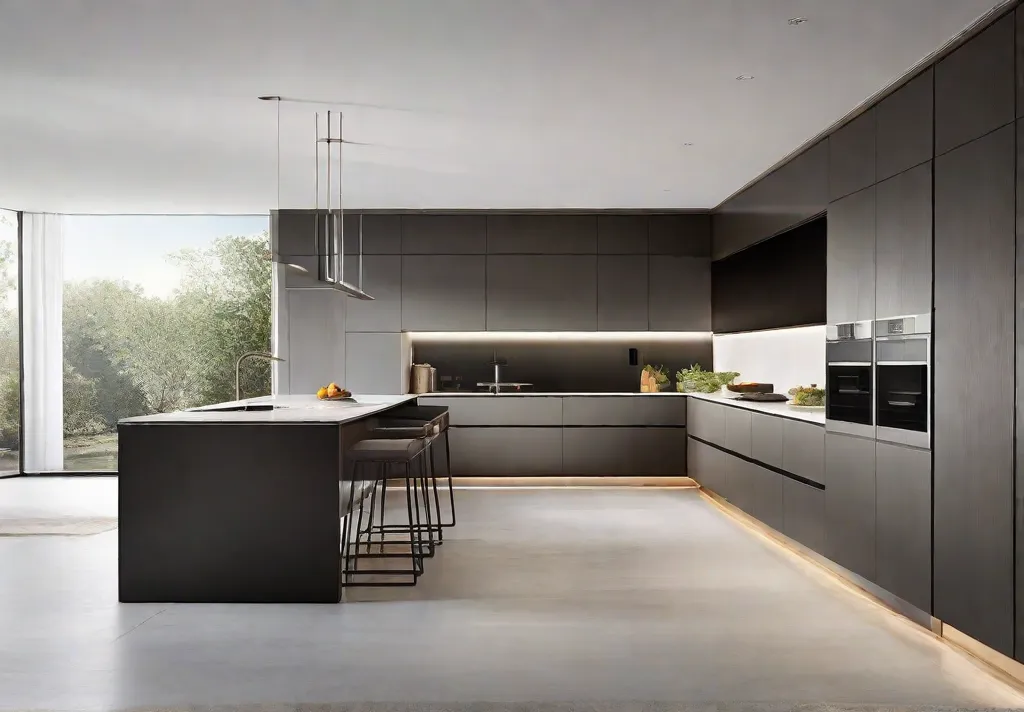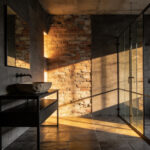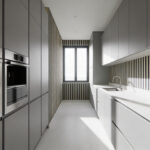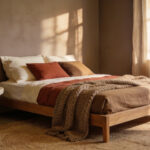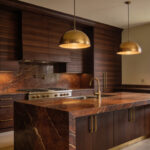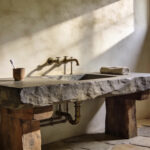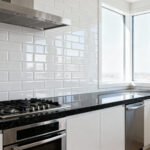The heart of any home is the kitchen – memories are created, meals are shared, and people gather. But over time, even the most loved kitchens can start to show their age. Before undertaking a complete renovation, consider a simple kitchen refresh: upgrading your cabinet hardware.
Surprisingly, something as small as a knob or handle can make a huge visual impact. Switching out tired hardware for new pieces can give your kitchen a fresh facelift without breaking the bank. The transformation is immense, adding a personality touch while enhancing your cabinetry.
The entire project takes just a weekend. Whether you’re a pro DIYer or just starting, follow this guide to selecting, installing, and styling easy hardware updates that suit your taste and kitchen style. Read on for hardware tips that make a big difference.
Choosing Hardware to Match Your Kitchen Style
Hardware is endless, from modern and sleek to ornate and vintage. Choose pieces that work with your existing kitchen style for a put-together look.
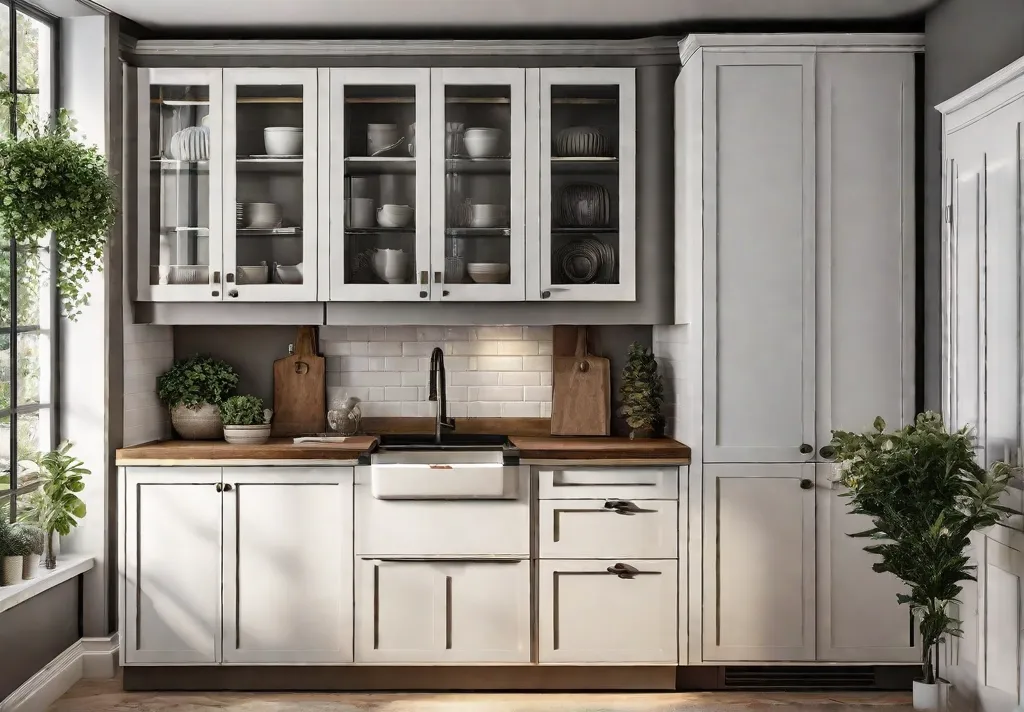
Consider Your Kitchen’s Overall Design Aesthetic
- Traditional kitchens tend towards ornate details, darker finishes, and classic shapes. Opt for cup pulls, crystal knobs, or scrolled handles.
- Contemporary kitchens feature clean lines and a minimalist look. Try flat bar pulls or geometric shapes in metallic like brass or chrome.
- For a farmhouse or cottage kitchen, wrought iron hardware in black provides contrast against light cabinetry, while distressed wooden knobs add to the rustic charm.
Select Finish and Color Carefully
Hardware finishes set the tone. Pay attention to the undertones so hardware complements other finishes in the kitchen, like faucets, light fixtures, or appliances.
- Brushed nickel has a silvery sheen that pairs well with grays and stainless steel.
- Oil-rubbed bronze brings in warmer, antique-inspired hues playing nicely with existing brown cabinetry or black accents.
- Satin brass offers a classic update, especially against crisp whites popular in modern kitchens.
For extra visual interest, don’t be afraid to mix metal finishes. Just keep the overall look cohesive – too many competing metals can read disjointed.
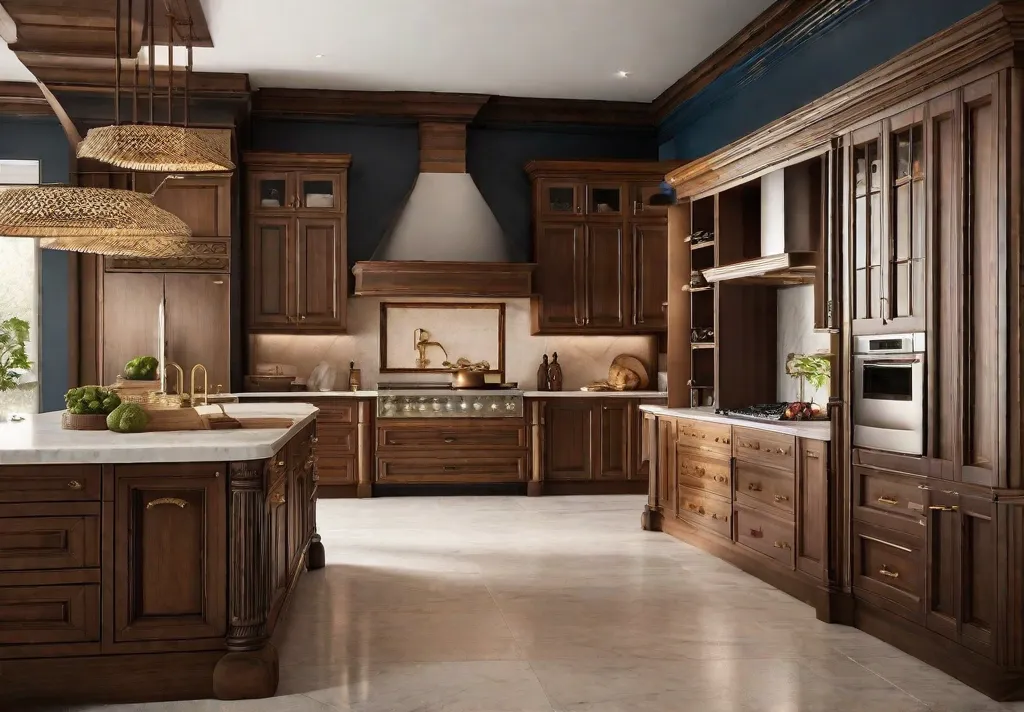
Must-Have Tools and Materials
You likely have the necessary tools on hand. Additional supplies may be needed for specialty hardware.
Tools
- Screwdriver (both flathead and Phillips head)
- Power drill with assorted drill bits
- Measuring tape
- Level
- Pencil
- Cloth
Materials
- New knobs, pulls, or handles
- Cabinet hardware mounting screws
For specialty hardware like soft-close hinges or undermount slides, ensure you also have:
- Wood filler
- Painter’s tape
Step-By-Step Guide for Installation
Installing new hardware takes just a few easy steps. Go slow and double-check alignments for a seamless, finished look.
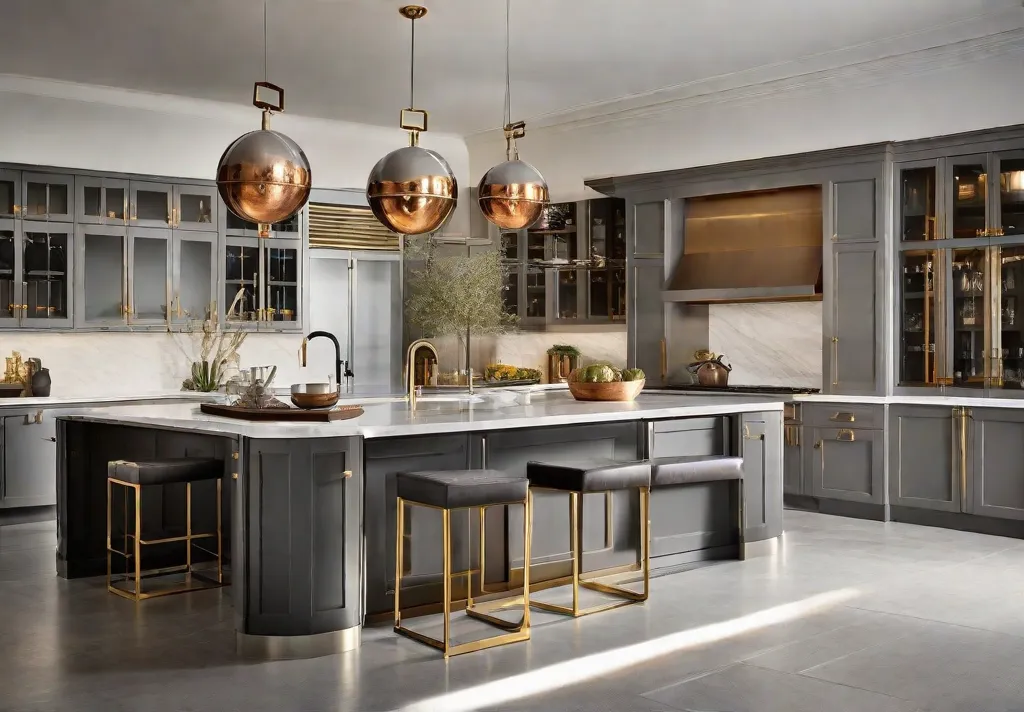
Remove Existing Hardware
Place cloth underneath the hardware to prevent scratches.
Remove any screws securing hardware pieces using the proper screwdriver head.
Carefully remove the hardware and set it aside. Clean the area thoroughly.
Mark New Hardware Placement
Decide on placement for new hardware. Measure existing holes or mark new ones using painter’s tape guides.
For multiple identical pieces, keep symmetry and spacing consistent.
Before drilling any new holes, hold new hardware pieces to visualize the final look. Adjust placements as needed.
Install New Hardware
Drill any new holes needed using a drill bit slightly smaller than the screw size.
Position new hardware over holes. Insert screws, tightening down gently yet firmly using a screwdriver.
Open and close doors/drawers to ensure proper clearance and alignment. Make any adjustments.
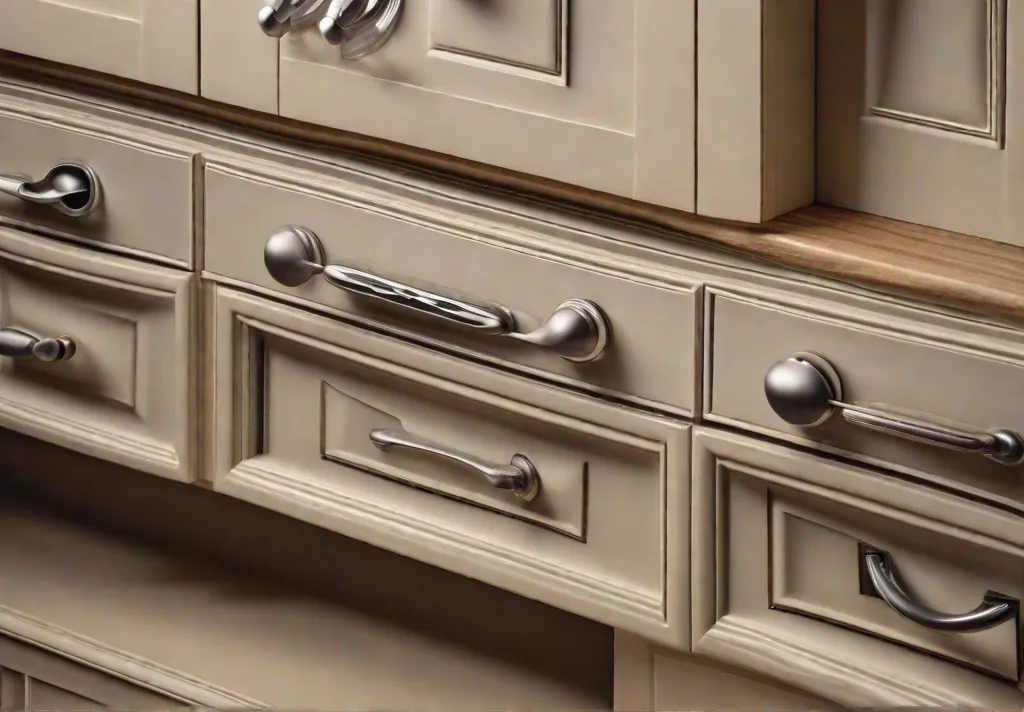
Stand back to admire your gorgeous upgrade!
Personalize With Creative Hardware Styling
Beyond the functional purpose of pulls and knobs, don’t overlook their potential decorative flair. Have fun showcasing your unique personality through creative hardware styling.
Mix and Match Styles
Blend classic shapes like oval knobs with modern angular pulls. Or pair slim handles with substantial arched pulls. Contrasting shapes and sizes add eye-catching impact, while finishes tie the look together.
Show Off With Statement Hardware
Make a bold statement by selecting a striking centerpiece hardware piece, like an extra-large hammered metal pull or colorful handpainted porcelain knob. Allow this “jewelry for your cabinets” to shine as a focal point against more subtle coordinating hardware.
Incorporate Meaningful Keepsakes
Repurpose a treasured heirloom piece like an antique crystal doorknob from grandma’s estate for a sentimental touch. Display it proudly on a kitchen cabinet or drawer front. This gives new life to an item with nostalgic significance.
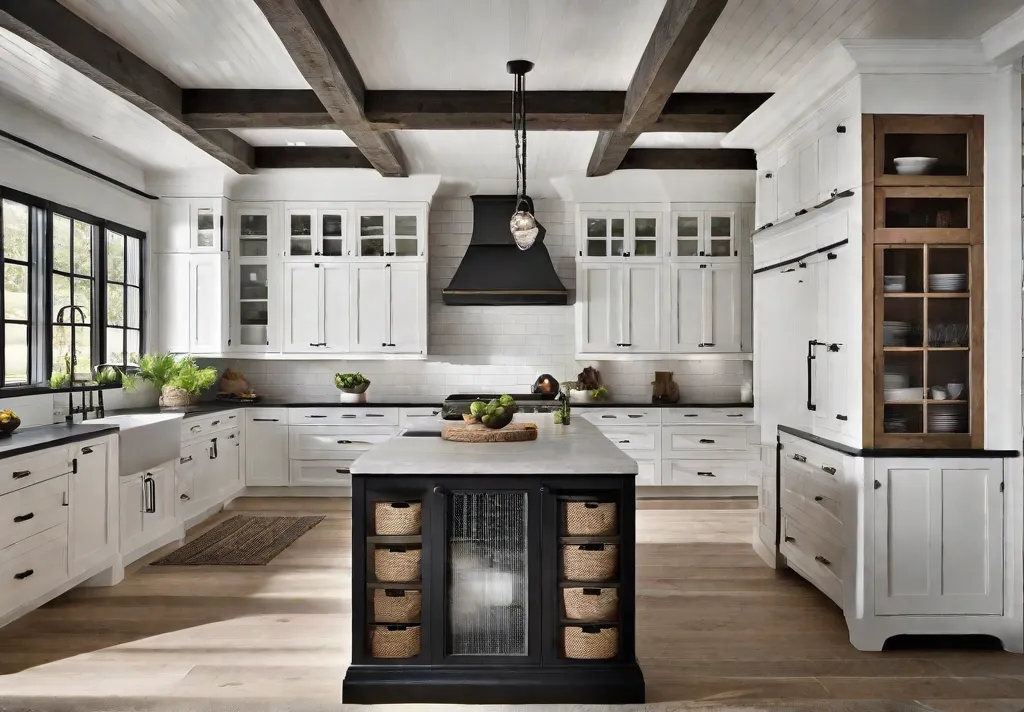
Caring for Your Kitchen Hardware
Follow these maintenance tips so your new hardware retains its good looks and smooth function.
Clean Routinely
Wipe down knobs and pulls regularly using just a soft dry cloth to remove grease and fingerprints. Use mild dish soap and warm water applied to a soft cloth for a deeper clean. Avoid abrasive cleaners or pads that could scratch surfaces.
Tighten Loose Screws
If screws become loose over time, carefully tighten using the proper screwdriver. Take care not to overtighten.
Address Signs of Wear
Some finishes like brass or bronze may develop a lovely patina. But if wear is excessive, restore shine with a metal polish made for that finish. Replace any hardware that becomes damaged or hazardous.
Transform Your Kitchen in a Weekend
Something as simple as switching out a few knobs or handles truly does make a noticeable impact, elevating your existing cabinetry. It’s an easy, budget-friendly refresh that packs a big design punch.
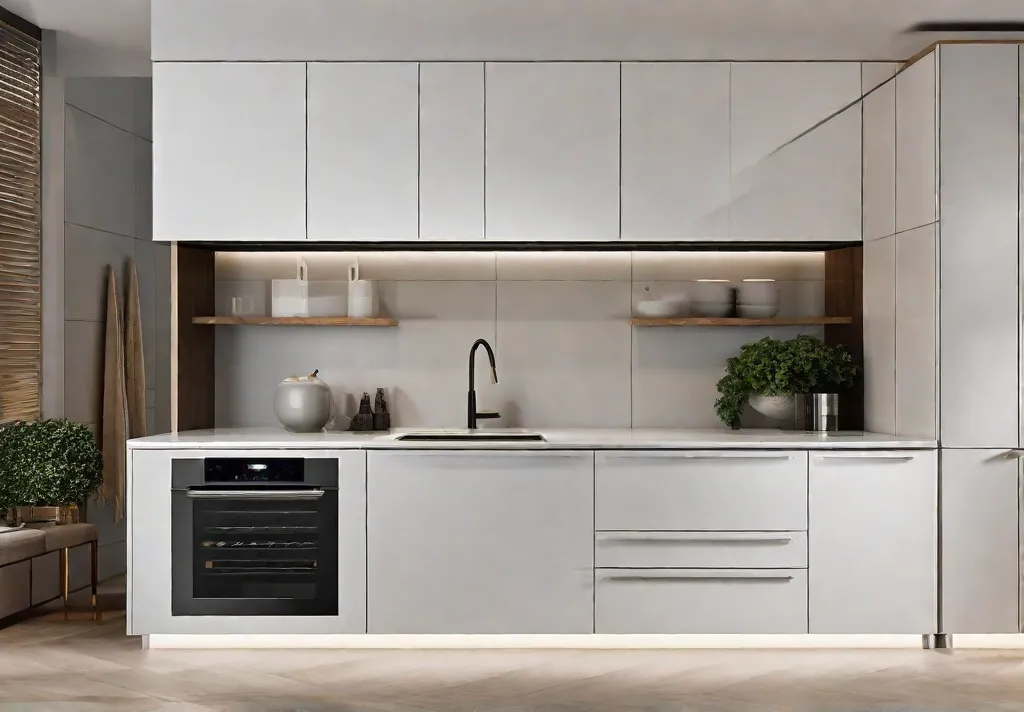
Follow this guide to select hardware that enhances your kitchen’s style, then install it using our simple step-by-step. Give your kitchen a fresh new look with upgraded hardware that reflects your taste in just a weekend.
Frequently Asked Questions
How many hardware pieces do I need?
As a general rule of thumb, you need two hardware pieces per door or drawer. This includes one for the top and bottom. For extra wide drawers, use three pieces across the front.
What size hardware should I choose?
Proportion matters. Avoid hardware that’s too large or small relative to cabinet/drawer size. Standard sizing for knobs is between 1 1⁄4” to 2” diameter. For pulls, 10-12 inches long works well.
What if my hardware doesn’t cover old holes?
If new hardware doesn’t conceal previous holes, fill using wood filler. Once dry, sand smooth and repaint the area for seamless results. Opt for hardware with a backplate to simplify installation over existing holes.
How do I clean the hardware properly?
Use a soft, dry cloth to dust regularly. For a deeper but gentle clean, dip the cloth in warm water mixed with a couple of drops of mild dish soap. Wipe the hardware, then dry thoroughly with a soft towel. Avoid abrasive cleaners or pads.
